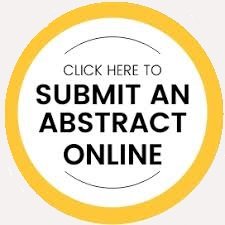
Biography
Biography: Aline I Maalouf
Abstract
As experimental quantum technology continues to improve, the idea of manipulating microscale quantum processes rather than just observing them is rapidly gaining ground. In particular, the manipulation of quantum systems using continuous measurement and feedback control has generated increasing interest in the last few years due to its potential applications in metrology, communications and other quantum technologies. Also, the area of quantum control is of theoretical interest, since it connects the well-developed field of classical optimal control theory to fundamental questions regarding the structure of information and disturbances in quantum mechanics. Therefore, significant interest has emerged in the area of quantum feedback control systems.
Extending classical control theory to the quantum domain; i.e., to physical systems whose behavior is not governed by classical physics but dominated by quantum effects, has become an important area of research. It is also an essential prerequisite for the development of novel technologies such as quantum information processing, as well as new applications in quantum optics, quantum electronics and quantum chemistry.
The most effective strategies in classical control applications involve feedback control. However, the implementation of classical feedback control for quantum systems poses severe challenges since quantum measurements tend to destroy the state of the system (wave-packet reduction).
Nevertheless, the possibility of continuous monitoring and manipulation on a natural time-scale has recently become realistic for some quantum systems. This may be viewed as a first step in the direction of closing the gap between quantum feedback control and classical control theory.
In this talk, I will define robust and optimal quantum control which are at the core of feedback control from an engineering perspective and go through my own contributions in that domain.

